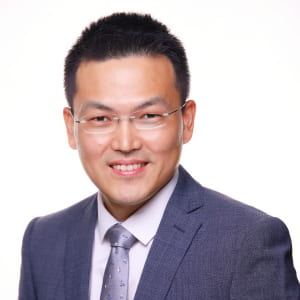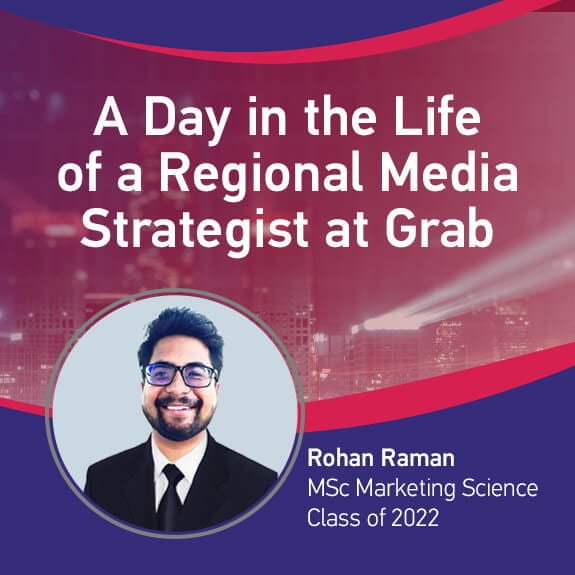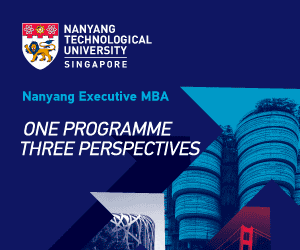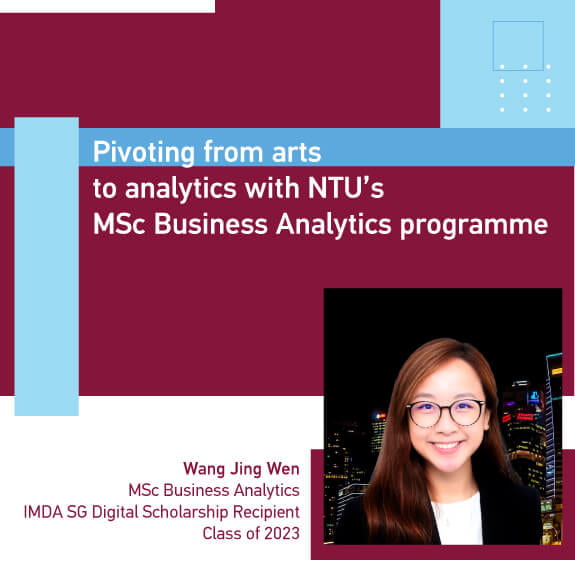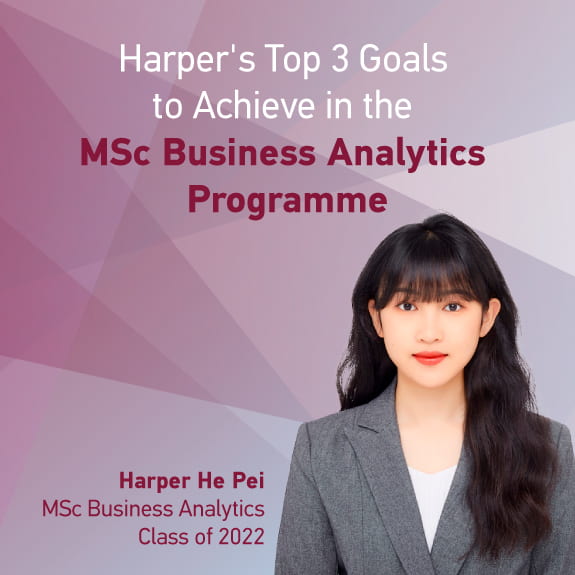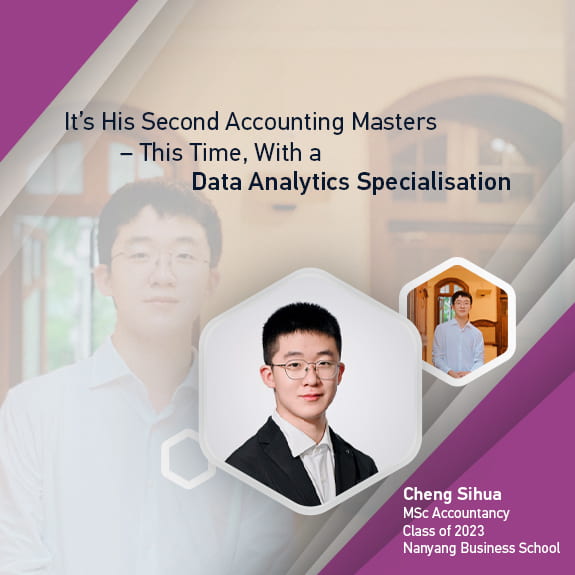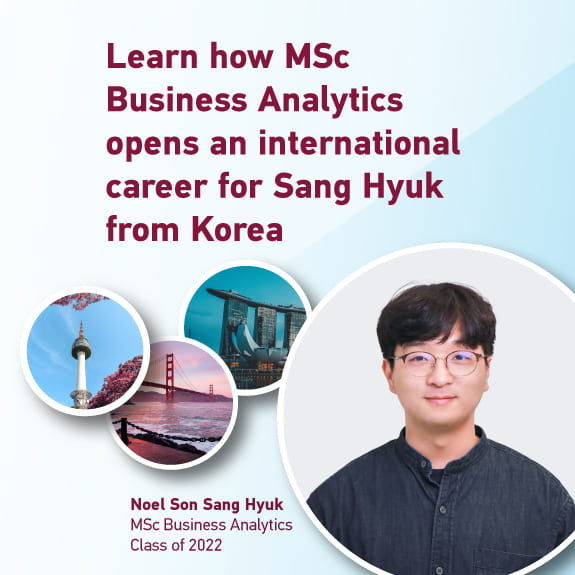
Learn how MSc Business Analytics opens an international career for Sang Hyuk from Korea
Graduate Studies Blog

MSC BUSINESS ANALYTICS
Learn how MSc Business Analytics opens an international career for Sang Hyuk from Korea
Noel Son Sang Hyuk, from Korea, graduated from Nanyang Technological University’s (NTU) MSc in Business Analytics (MSBA) programme in July 2022. He leads the Enablement & Knowledge Development team at Airbridge and works in both its headquarter office in Seoul, South Korea, and its branch office in San Francisco, United States.
Noel reflects on his time in NTU, what makes Singapore interesting to Koreans, and his passion for the Martech industry.
Q: Why did you pursue your master’s degree in Singapore?
Noel: I chose Singapore for a few reasons. First, Singapore is clean and safe. It’s one of the most developed countries in the world. Second, I wanted to be in a highly competitive environment with world-class scholars and practitioners. Third, I wanted to travel around Southeast Asia, which is developing rapidly, and Singapore is the perfect base to explore the region. Finally, job opportunities in Singapore are abundant, as many APAC headquarters of global companies are located here.
Outside class, my friends and I would have drinks at hawker centres around Singapore. The atmosphere is wonderful: hawker centres are full of sights, sounds, and aromas.
Q: And how did you decide on NTU’s Nanyang Business School?
Noel: The school’s MSBA programme attracted me because I wanted to acquire data analysis skills that are both practical and technical.
I also wanted to be in a diverse classroom in terms of the countries my classmates come from and their professional fields. In the MSBA programme, I worked with developers, analysts, and marketers.
Q: Why do you think more Koreans should be part of the NTU/Singapore experience?
Noel: Practically speaking, Singapore is not far from Korea, and the time difference is only an hour.
What makes Singapore interesting is the ethnic diversity. You can meet people from different backgrounds, while honing your English and Mandarin speaking skills.
In the area of career opportunities, Singapore is an exciting hub with a wide range of career choices, and there are also many great international professors and researchers based here.
Q: Tell us more about your current company, Airbridge.
Noel: Airbridge is a SaaS company in the Martech industry. Airbridge helps companies measure the performance of their marketing efforts and optimize budget allocation towards marketing campaigns/channels/creatives/ that can drive better performance.
Q: Could you share more about your current role as Team Lead of Enablement & Knowledge Development in Airbridge?
Noel: The Martech and Adtech market evolves at a rapid pace, which means SaaS products providing performance analytics in this market, have to innovate to stay ahead of developments.
For example, Airbridge heavily utilizes complex technologies like Machine Learning in its product, so it’s not always easy for clients to understand.
My team helps to educate our clients so that they can maximize their usage of our product. We publish educational materials regularly to simplify the technicalities and keep them updated with Airbridge’s new features. In addition, we analyse big data from internal databases or market data to provide actionable insights to clients.
Q: How has the MSBA programme helped you in your current role?
Noel: As Airbridge falls under the B2B and big data analytics field, I need to possess knowledge in marketing, data science, engineering, programming, and more.
The MSBA programme has been beneficial because it not only developed me as a data analysis expert, it also combined skills and knowledge from other fields to enable me to become an interdisciplinary, open-minded leader and decision-maker.
Q: What was most memorable for you about the MSBA programme?
Noel: I especially cherish the moments working and hanging out with friends from diverse backgrounds. I learnt so much from my Chinese, Indian, and Singaporean friends –from huddling late at night for a project to exploring the country together.
Q: What would you like to say about NTU’s MSBA programme to fellow Koreans?
Noel:
깊은 수준의 데이터 분석을 다루는 수업부터, 데이터를 비지니스적으로 활용하고 해석하는 수업까지. MSBA 프로그램은 각자 자신이 원하는 전문성을 키워갈 수 있도록, 다양한 선택지와 높은 수준의 교육을 제공합니다. 저는 이 프로그램에서 공부했던 것이 커리어에 큰 도움이 되었습니다.
Head to our website to find out more about the MSc Business Analytics programme.

